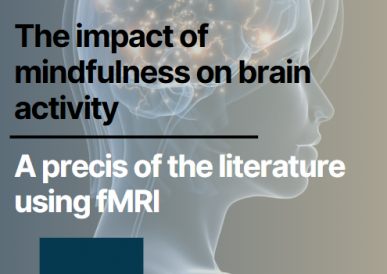Submission, Judging and Outcome Reporting Process
Submitting for an award is a straight forward process. We are keen to encourage, not put off submissions! Individuals and teams can nominate themselves for an award or they can be nominated by a third party, with the consent of those being nominated.
1. Access and complete the submission form
A copy of the awards submission form can be downloaded from the bottom of this page. If you are not able to download a copy, please get in touch at TraumaAwardsCDCT@stah.org and we will be able to provide you with a copy.
2. Submit your form
Completed submissions form needs to be submitted to AwardSubmissionsCDCT@stah.org. Submissions will be acknowledged within 3 working days. You can also email this address to ask any informal questions or to request a discussion with the chair for the awards, to clarify any points relating to submissions or the submission process.
In instances where individuals or teams are nominated by third parties, the award organisers will contact, via email, the nominated parties to confirm they consent to being nominated and to confirm the accuracy of the submission.
3. Anonymous screening
After the form is submitted all identifying information is removed and forwarded to the senior judges for initial screening. In the event of incomplete or unclear submissions being received, the judges will request the awards administrators contact the lead name on the submission and will be invited to re submit, once omissions or clarifications are made.
The decision to anonymise submissions, prior to judging, is to reduce the risk of bias in the judging process. The submission will then be forwarded to the judges who will assess the submission based on pre-agreed criterion and their own expert opinions.
4. Judgements agreed and outcome feedback
Following the completion of reviews for each award category, the judges individual rating are discussed as a judging team and a consensus agreement is reached for an outcome. Judges will agree an overall winner for the each award, and where appropriate, also award highly commended awards. The outcomes of the each of the award categories will be notified by email.
 PICU and Acute Bed Availability
PICU and Acute Bed Availability




